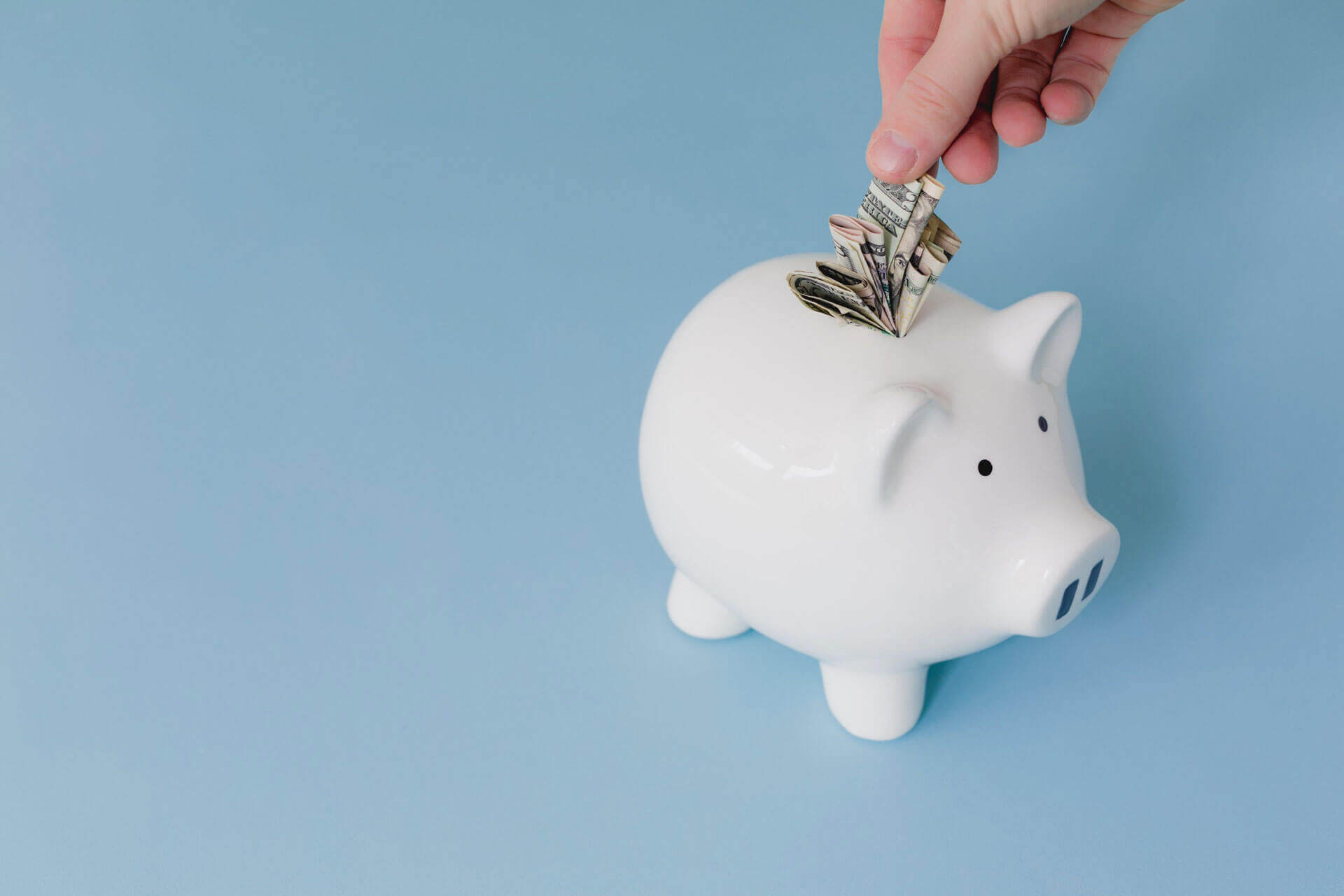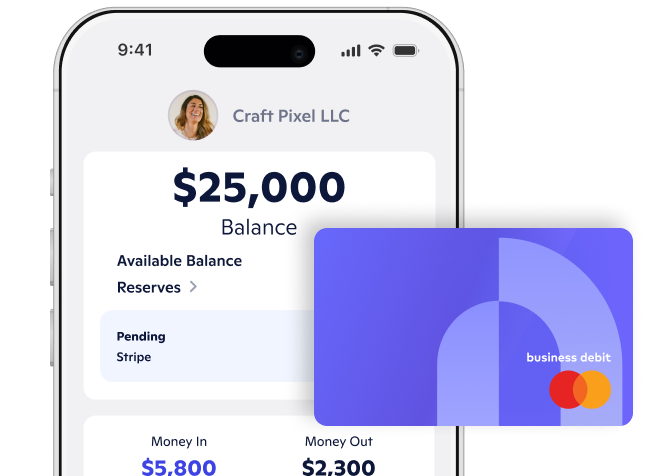
s a business owner, establishing how you will pay yourself is essential. You want to recognize the value of your work and pay yourself a fair wage, but there's more to it than that. You must also consider how to legally structure the payments and find a balance that allows you to meet your business needs without jeopardizing your personal finances.
This blog will discuss the importance of paying yourself from your small business, the factors to consider when determining how much to pay yourself, and how to structure those payments.
With the right plan in place, you can ensure that you are fairly compensated for your hard work and that your business remains in a healthy financial position.
Ways to pay yourself as a business owner
The following are the most common approaches to paying yourself as a business owner:
Salary
A salary is a set amount of money that a business owner pays themselves each month. This method can provide you with a steady, predictable income. Taxes are deducted automatically, saving you the trouble of admin work. However, a salary is not as flexible as other payment methods, although you can adjust your salary if needed or allocate bonuses to yourself. Still, figuring out how much to adjust your salary can be difficult.
Owner's draw
An owner's draw is a payment taken by a business owner directly from the business, either at fixed intervals or as needed. Income tax is not usually withheld, and taxes vary based on your business type. You’ll typically need to calculate and pay estimated taxes and self-employment taxes on your owner’s draw. An owner’s draw offers flexibility as you can withdraw according to your needs and business performance.
Note that S Corps and C Corps cannot take owner’s draws.
Combination approach
Many business owners opt to take a combination of salary and owner's draw. This allows them to receive a steady income and also take funds from the business when needed. With a combination approach, it’s important you manage funds carefully to ensure enough working capital is left in the business to operate.
Factors that determine how to pay yourself
How to pay yourself as a business owner doesn’t come down to just preference. There are other factors to consider:
Business structure
- LLC: The way an LLC pays its owners depends on its tax structure. An LLC can be treated as a sole proprietorship, partnership, or corporation for tax purposes. The owners withdraw cash from profits if the LLC is treated as a sole proprietorship or partnership. If an LLC is treated as a corporation, the owners pay themselves a salary beefed up with dividends from profits.
- Sole Proprietor or Partnership: To pay yourself as a sole proprietor or partner, you can simply take out cash from the business. These withdrawals are considered profits and will be taxed at the end of the year. To make sure you have enough money to cover the tax bill, consider setting aside a portion of your earnings in a separate bank account throughout the year.
- S Corp: Corporations often provide their owners with a regular salary. This salary is registered as an expense on the business records, and the owner must pay personal income tax on it. Owners of smaller corporations usually receive a modest salary and supplement this with any dividends they receive from their profits.
Business stage
Many business owners choose to forgo taking a salary in the initial stages of their business, often paying themselves only what they need to cover their living expenses month to month. Instead, they wait until the company is more secure and they better understand how finances ebb and flow. It's important to note that once a business owner starts paying themselves, the expense needs to be built into the business's operating costs.
Personal finances
Business owners must make sure they are taking home a reasonable salary using a method that covers their basic needs and allows them to save for the future. However, it is important to balance personal salary considerations with the long-term financial health of the business.
How much should you pay yourself?
It’s a fair (and necessary) question to ask. Explore the ins and outs of calculating an appropriate salary as a business owner:
Consider the needs of the business
A business owner should consider the company’s financial health when determining how much to pay themselves. A business needs to always have enough funding to cover the following business needs:
- Employee salaries and benefits: Employee compensation includes salary or hourly pay plus commissions, bonuses, and benefits.
- Operating expenses: These include materials, equipment, and labor costs.
- Overhead expenses: These include rent, business insurance, maintenance, and utilities.
- Marketing: You should have enough cash for the necessary marketing expenses required to attain and retain customers.
Ideally, you’ll also have a rainy day fund that allows you to continue operations for 6-8 months in the event of unforeseen circumstances.
Novo Reserves allows account owners to set aside funds for up to 10 separate expenses or goals, including profits, taxes, rainy day funds, and more.
Consider your household needs
Your salary should comfortably cover your household needs. You likely have to pay rent or mortgage, utilities, food and other groceries, fuel, insurance, and other costs associated with running your household. It’s wise to also factor in any debts and their associated payments.
Additionally, business owners should consider their lifestyles and other expenses, such as vacations and entertainment. Personal financial goals, such as retirement and emergency funds, should also be considered.
Typical small business owner salary
According to the compensation research company Payscale, the average salary for small business owners is $64,886. However, the pay range for a full-time business owner of a small company is between $30,000 to $146,000 per year, with the final amount of compensation depending on the size and type of business, as well as the owner’s level of experience.
If you’re still struggling to determine a salary amount, it may help to know that most small business owners limit their pay to 50% or less of their company’s profits.
How to pay yourself from your business: 3 payroll options
There are three main options a business owner can consider for payroll:
- Outsourcing: Business owners can outsource their payroll responsibilities (including their own salaries) to a third-party payroll provider. This provider will handle all the payroll tasks, including payroll processing, issuing paychecks, tax filing, and more.
- Software: Business owners can use payroll software to manage their payroll tasks in-house. This software can be used to generate paychecks, track employee hours, and record payroll taxes.
- Manual: If they have the experience and means, business owners can manage their payroll tasks manually. This includes keeping paper records of employee time, calculating payroll taxes, and issuing paychecks.
No matter the preferred option, a business checking account is necessary to conduct payroll.
Tips for paying yourself
Now that you know the fundamentals of paying yourself from your business, keep the following tips in mind:
Don’t commingle personal and business finances
Commingling your business and personal finances can lead to a lot of problems, both in the short term and in the long run. It can make it hard for you to do bookkeeping, create tax headaches, and put you at risk for legal issues.
Budget for taxes
Paying yourself as a business owner may mean that you are responsible for self-employment taxes, which can add up quickly if you don't plan ahead. Additionally, other taxes may apply depending on the type of business you have and the state you live in. By budgeting for taxes, you can ensure that you have enough money set aside to cover any tax liabilities and avoid costly penalties or interest charges.
Be consistent and pay yourself frequently
As a small business owner, paying yourself consistently and frequently to maintain a healthy financial life is important. By paying yourself regularly, you can meet your own needs and obligations, like bills and living expenses, while also rewarding yourself for the hard work you’ve put into your business. Regular payment schedules also allow for better planning.
Key takeaways
- Pay yourself a reasonable salary that is commensurate with the value of your skills and the demands of the job.
- Use a business checking account and keep business funds separate from your pay.
- Make sure to pay yourself regularly, even during slow times.
- Monitor your personal and professional financial health and adjust your salary accordingly.
Figuring out how to pay yourself as a business owner can be tricky, but following these guidelines will ensure that you are taking care of your financial future without jeopardizing your business’s growth.
Novo Platform Inc. strives to provide accurate information but cannot guarantee that this content is correct, complete, or up-to-date. This page is for informational purposes only and is not financial or legal advice nor an endorsement of any third-party products or services. All products and services are presented without warranty. Novo Platform Inc. does not provide any financial or legal advice, and you should consult your own financial, legal, or tax advisors.






